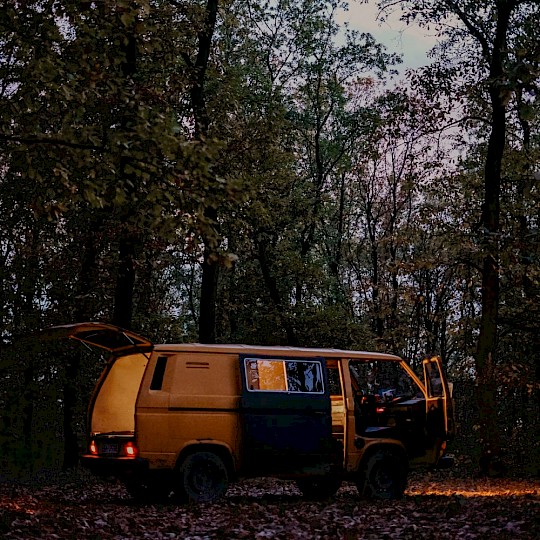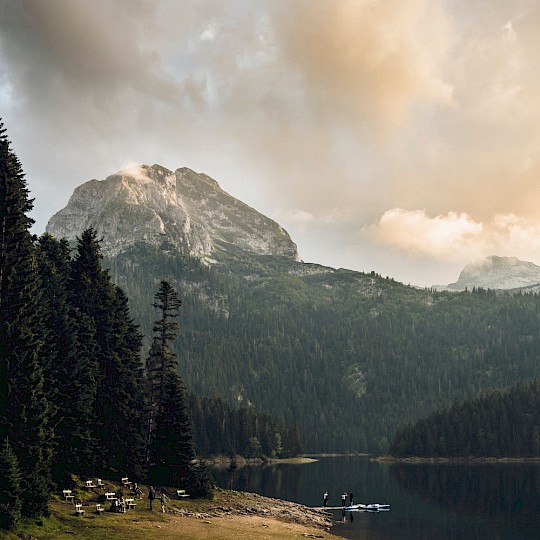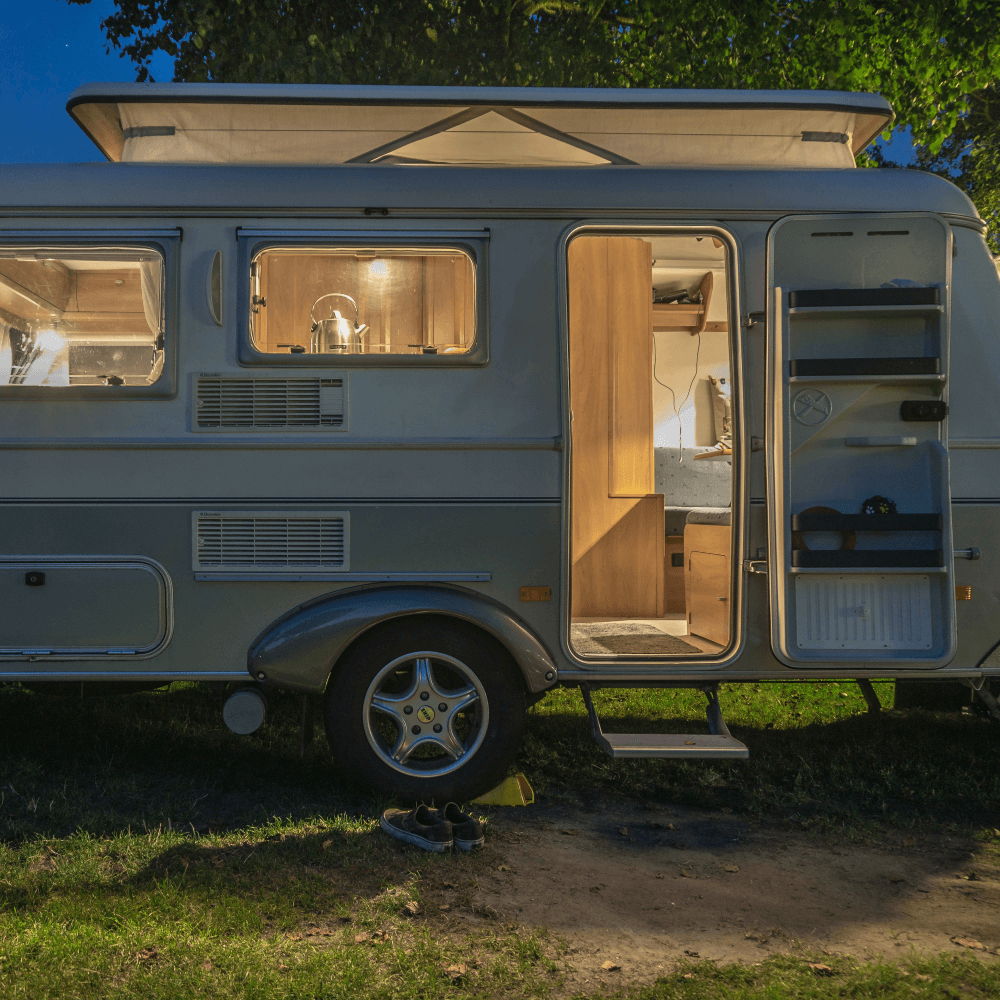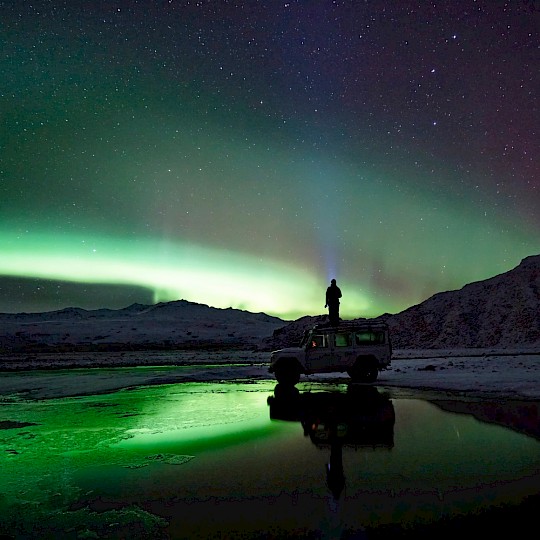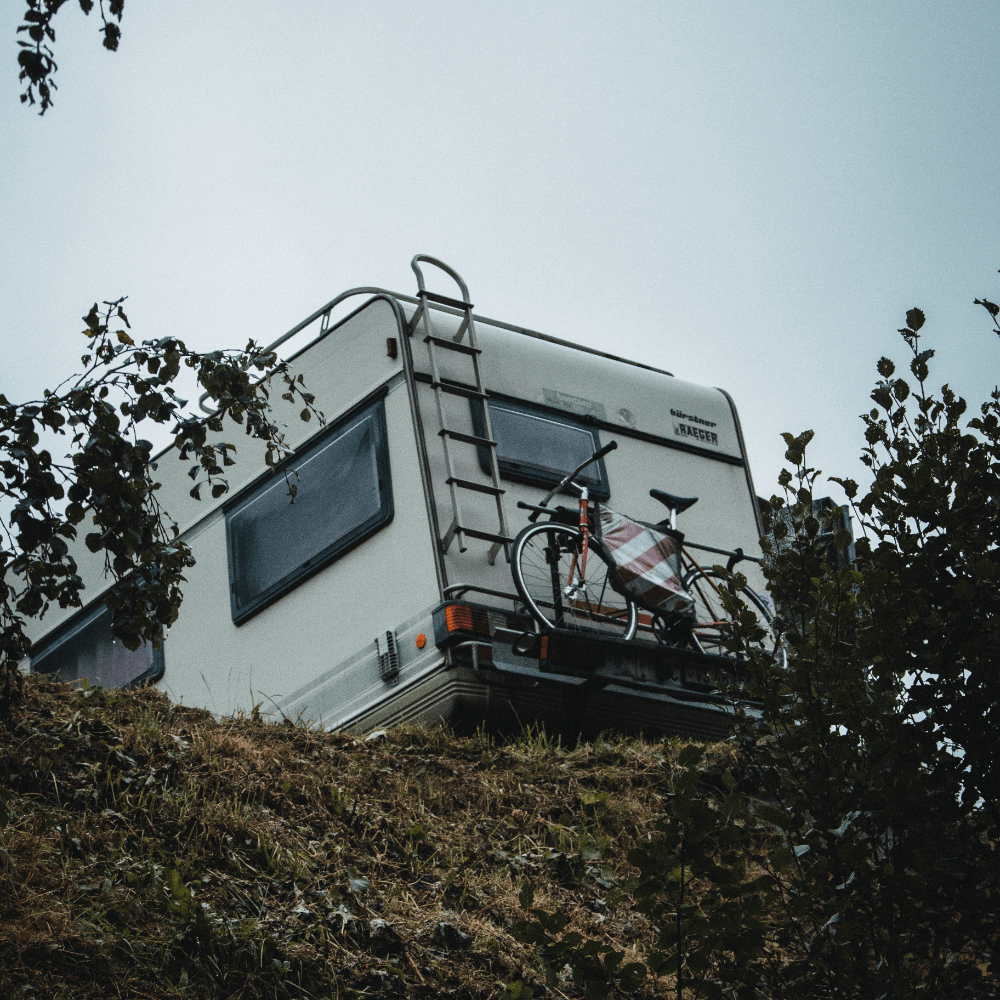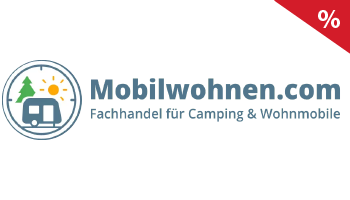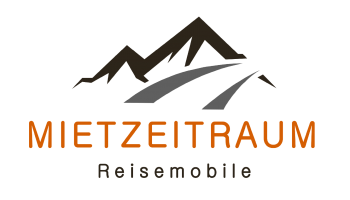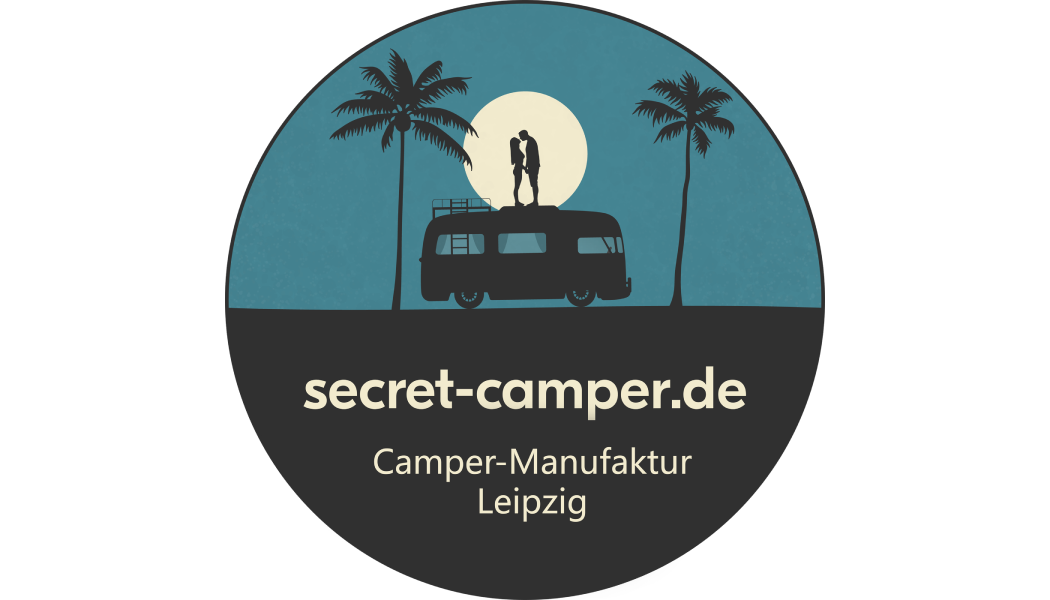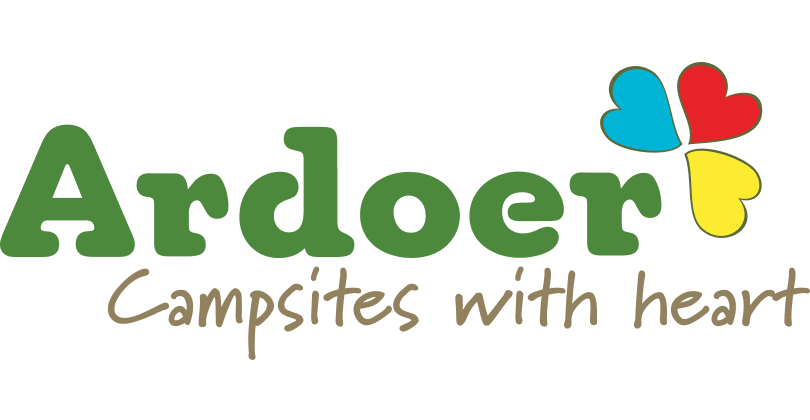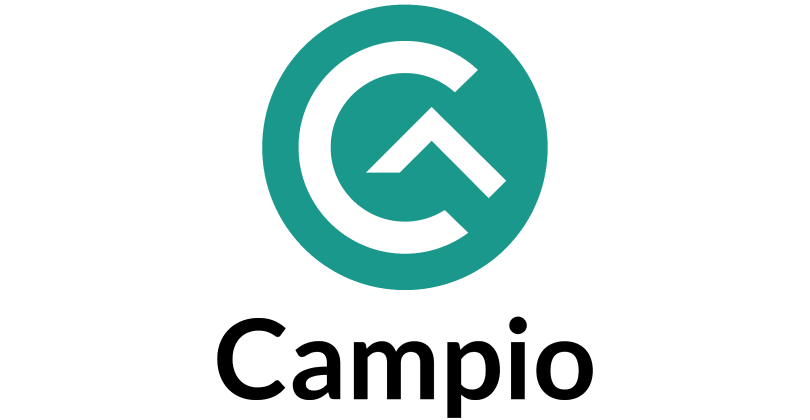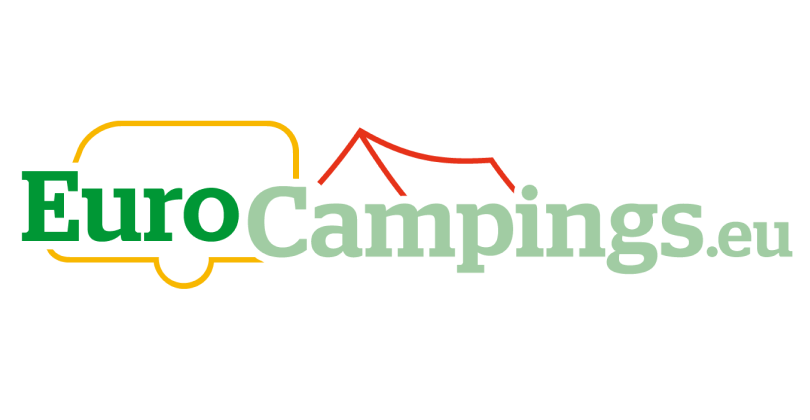Fact #1 - Invasion of Liechtenstein
Neutral Switzerland inadvertently marched into neighboring Liechtenstein in 2007 when soldiers got lost in bad weather. However, they withdrew immediately after noticing the mistake.
Fact #2 - Bunker
Switzerland is a very security-oriented country. It is the only country in the world that has enough bunkers for its entire population to protect them in the event of a war.
Fact #3 - Never alone
In Switzerland, it is illegal to keep a guinea pig individually, as this is not species-appropriate. For this reason, guinea pigs must always be kept in pairs.
Fact #4 - Weapons
There's military service in Switzerland. All soldiers are allowed to store their weapons at home in case of an emergency. Therefore in Switzerland, there are about 2.3 to 4.5 million weapons with only 8 million inhabitants.
Fact #5 - Lakes
Switzerland is not only characterized by its breathtaking mountain landscape and green pastures, but it also has over 1,500 lakes. Therefore, the nearest lake is never more than 16 km away.
Fact #6 - Note office hours
If you want to attack Switzerland, please do so between 6 am and 10 pm for the time being, as the Air Force, is only ready for action during this time. From the end of 2020, however, they will switch to full time.
Fact #7 - Smallest vineyard in the world
La Vigne à Farinet in Valais is the smallest vineyard in the world with 1.68 square meters. And who owns this enormous estate? Of course, the Dalai Lama, who else.
Fact #8 - Memorial
The Swiss have a memorial against landmines. The memorial is a huge three-legged chair called "Broken Chair Sculpture" and stands in the city of Geneva.
Fact #9 - Mövenpick
The Swiss entrepreneur Ueli Prager came up with the name Mövenpick when he saw seagulls picking pieces of bread from the hands of passers-by on the Quai Bridge in Zurich.
Fact #10 - Square flag
The flag of Switzerland is one of only two square flags in the world, the other can be found in the Vatican. However, there is one exception, for Olympia and seafaring there is a rectangular flag.






